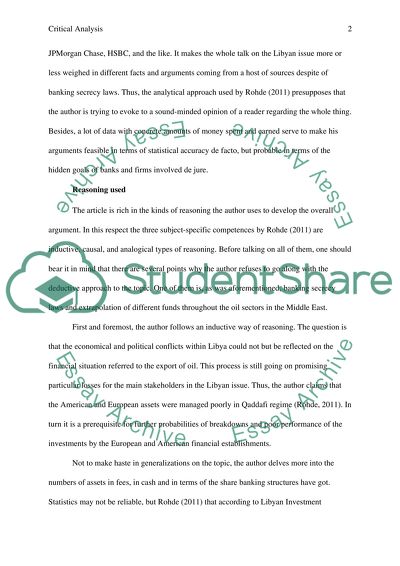Cite this document
(“Philosophy - Logics Essay Example | Topics and Well Written Essays - 1500 words”, n.d.)
Retrieved from https://studentshare.org/literature/1427190-philosophy-logics
Retrieved from https://studentshare.org/literature/1427190-philosophy-logics
(Philosophy - Logics Essay Example | Topics and Well Written Essays - 1500 Words)
https://studentshare.org/literature/1427190-philosophy-logics.
https://studentshare.org/literature/1427190-philosophy-logics.
“Philosophy - Logics Essay Example | Topics and Well Written Essays - 1500 Words”, n.d. https://studentshare.org/literature/1427190-philosophy-logics.


